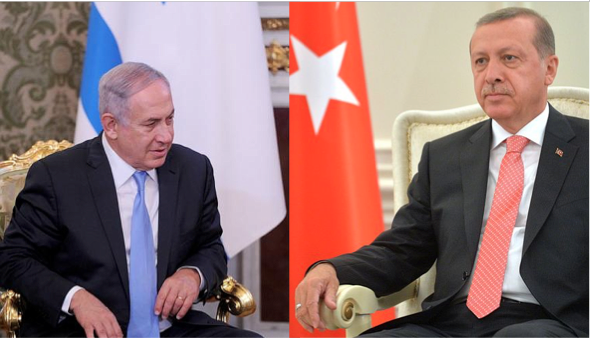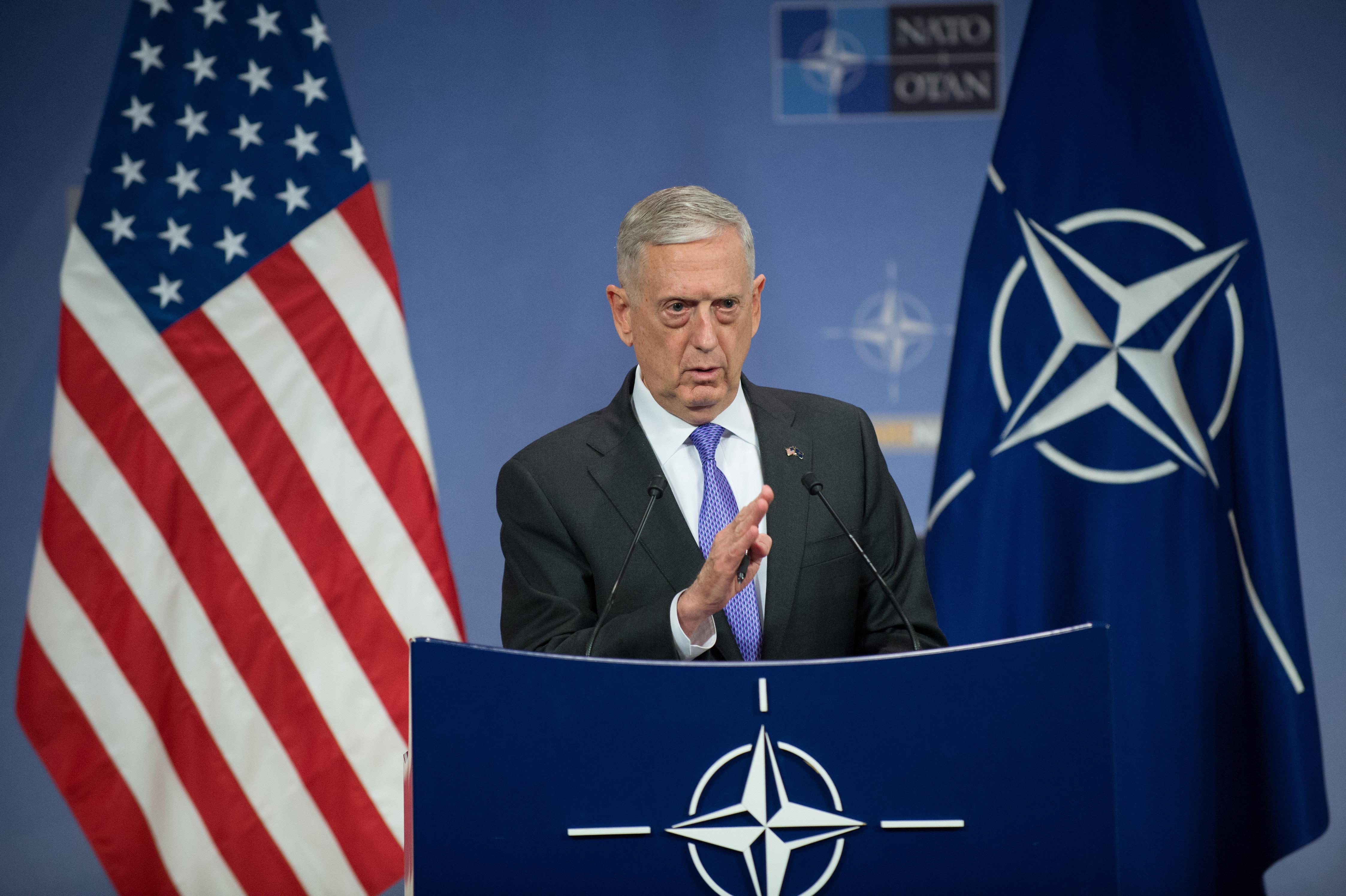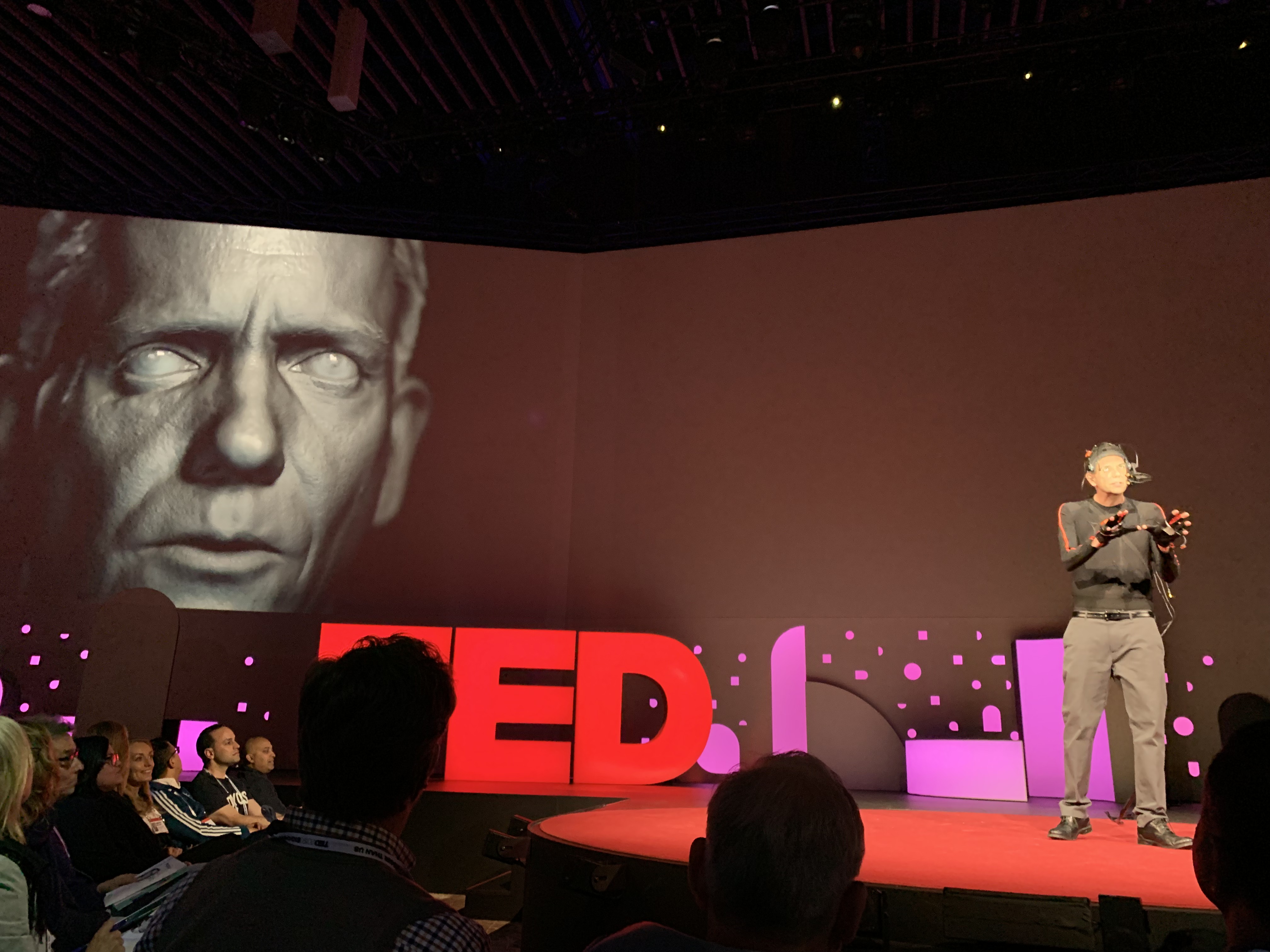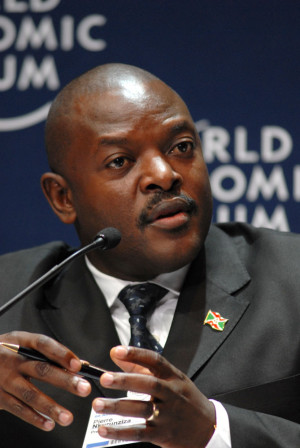Turkey and Israel struck a deal to normalize diplomatic ties on June 26, 2016. The signing of this agreement marks the end of a six-year crisis sparked by an Israeli raid on a Gaza-bound flotilla in which 10 Turkish nationals died. Turkey’s conditions for settlement included an apology, compensation, and a lifting of the blockade on the Gaza strip. However, the formal agreement compromised to include both the apology and compensation but only a partial removal of the blockade. Israel will also allow the completion of a hospital and construction of a new power station and seawater distillation plant in Gaza. In exchange, Turkey will send aid to Gaza though the Israeli port of Ashdod rather than directly to the Palestinian enclave.
As part of the deal, both Israeli and Turkish Ambassadors will be appointed, and diplomatic relations will be expanded. The two countries will also lift restrictions on international agreements, joint military exercises, energy cooperation, and import and export of defense equipment.
Analysts believe that Turkey may pursue a more conciliatory foreign policy, following the departure of former Prime Minister Ahmet Davutoglu, who championed a more aggressive and interventionist strategy. His successor, Binali Yildirim, recently held that Turkey wanted “no permanent tensions with [its] neighbours” after ruptures with Egypt and Russia. Yildirim has speculated that rapprochement with Israel will soon be achieved.
Turkish Deputy Prime Minister Numan Kurtulmus stated that “definitive progress” with its relations with Israel have been made, however the agreement “has not reached a final point.” The terms of the agreement were established at the June 26 meeting, and the two diplomats will meet again in July to formally sign it. The process was supposed to be executed earlier, but was postponed due to Davutoglu’s resignation and the subsequent election of Yildirim to replace him.
Turkey has recently extended diplomatic ties to Israel, including a lifting of its veto on cooperation between Israel and NATO and sending senior officials from the Foreign Ministry to attend the annual Independence Day reception at the Israeli Embassy.
Implications for Israel’s Ties to NATO
Since the 2010, Turkey, a NATO member, has often blocked many activities advancing Israel-NATO relations. While it has been an active partner of NATO for 20 years, Turkish opposition stalled closer ties between Israel and NATO. Since the thawing of Israel-Turkey relations, Israel’s ties to NATO have been upgraded: in May 2016, Israeli Prime Minister Benjamin Netanyahu announced that Israel accepted an offer to establish a NATO mission at Alliance headquarters in Brussels. The “thaw” between Israel and Turkey benefits not only Israel – but also NATO itself.
NATO Chief Jens Stoltenberg recently stated that the Israeli mission would help to enhance “essential” cooperation, meaning that it would establish a security forum to bring together Israel, NATO and Arab nations that Israel does not have formal relations with. He recognized that “it is vital that countries which share the same values … stand together against hate and terrorism.”
Israel’s role in the Mediterranean Dialogue with NATO has also previously allowed it to hold security contacts with several countries with which it does not have formal bilateral relations. Therefore, the upgraded relations will work to further strengthen these informal ties.
Stoltenberg also emphasized how the strengthened Israel-NATO cooperation will help to share best practices and information. Israel is expected to share intelligence and offer expertise on cybersecurity within NATO. The closer ties with NATO will also streamline Israeli input through the NATO command structure – something that Israeli diplomats have posited requires Israel and Turkey to finalize their reconciliation deal.
The warming between Israel-Turkey relations can be seen as a victory for the previously stifled attempts at cooperation with NATO. It is also a triumph to bolster global security. Most importantly, the return to normalcy also demonstrates the mutual desire for good neighbourliness – something that nowadays is often lost in practice.
Left: Israeli Prime Minister Benjamin Netanyahu at a Kremlin meeting with President Putin, 2016. Courtesy of the Kremlin.
Right: Turkish President Recep Tayyip Erdogan at a Kremlin meeting with President Putin to discuss bilateral relations, 2016. Courtesy of the Kremlin.
Disclaimer: Any views or opinions expressed in articles are solely those of the authors and do not necessarily represent the views of the NATO Association of Canada.




